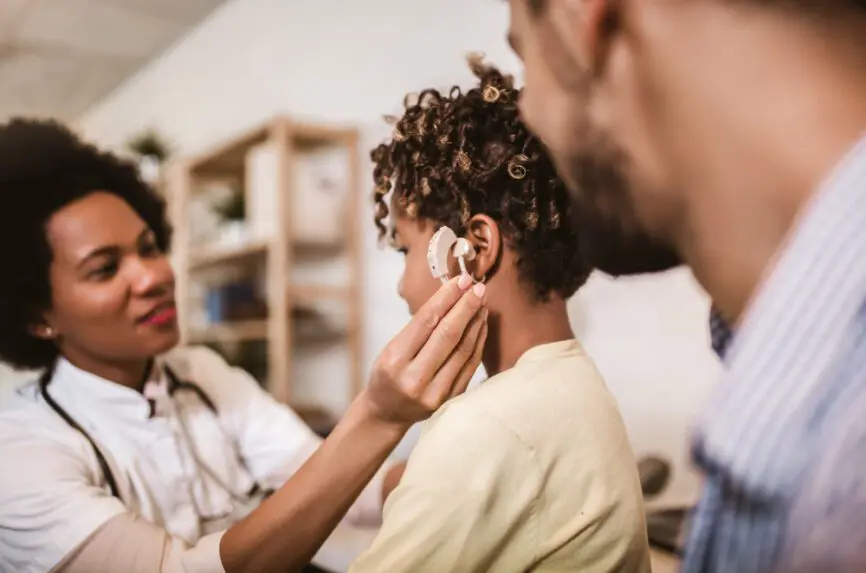Overcoming Ableism in Medical and Nursing Education
Co-Principal Investigators: Erik Parens, Liz Bowen
Investigator: Mildred Solomon
Funder: The Macy Foundation
Equitable health care for all is a bioethical imperative. And discrimination against people with disabilities—ableism—stands in the way of fulfilling that imperative. The disability community has been drawing attention to ableism in the health care system for decades, but the urgency of these problems has been exacerbated in recent years, as pandemic-related crisis standards of care threatened to deprioritize disabled lives and new research confirmed the pervasiveness of discriminatory attitudes toward disability among practicing physicians.
This project constitutes the first phase in the development of medical and nursing educational approaches and learning resources to equip physicians- and nurses-in-training with the knowledge, skills, and attitudes they will need to promote equity and justice for people with disabilities in the health care system. The goal of this project is to create a comprehensive view of what is already being done to overcome ableism in health professions education, who is doing it, and what the most important levers are for improvement.
We will answer the following key questions:
- What are the learning goals (knowledge, attitudes, skills, and practices) that faculty committed to disability justice should model in their own behavior and cultivate in learners?
- What features are (or should be) characteristic of anti-ableist health care educational institutions?
- What efforts have been undertaken so far with respect to anti-ableist health professions education?
- Where are the greatest opportunities for intervention?
- Who are the most important partners for delivering new anti-ableist content?
- What are the biggest obstacles and how can they be addressed?

